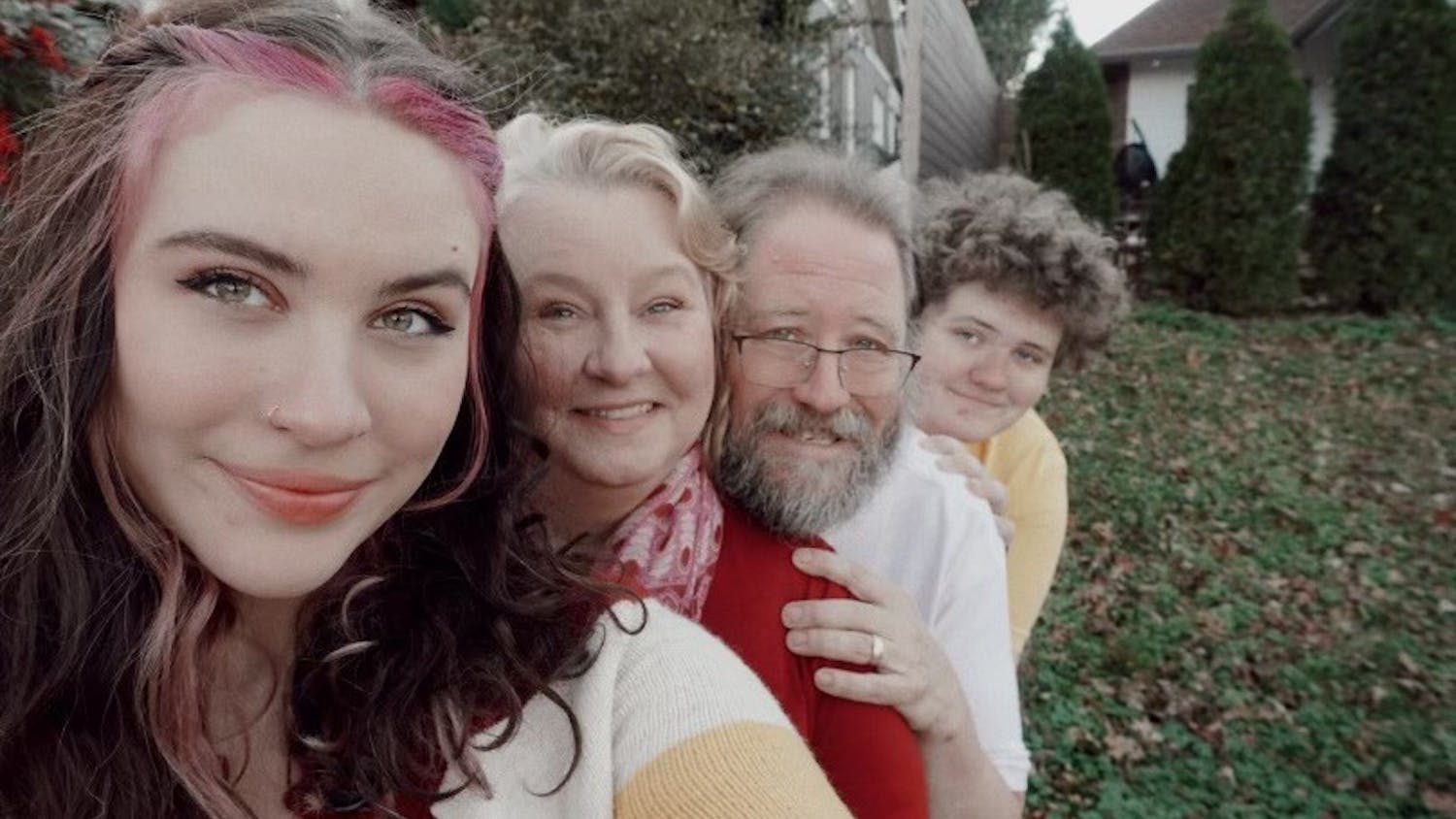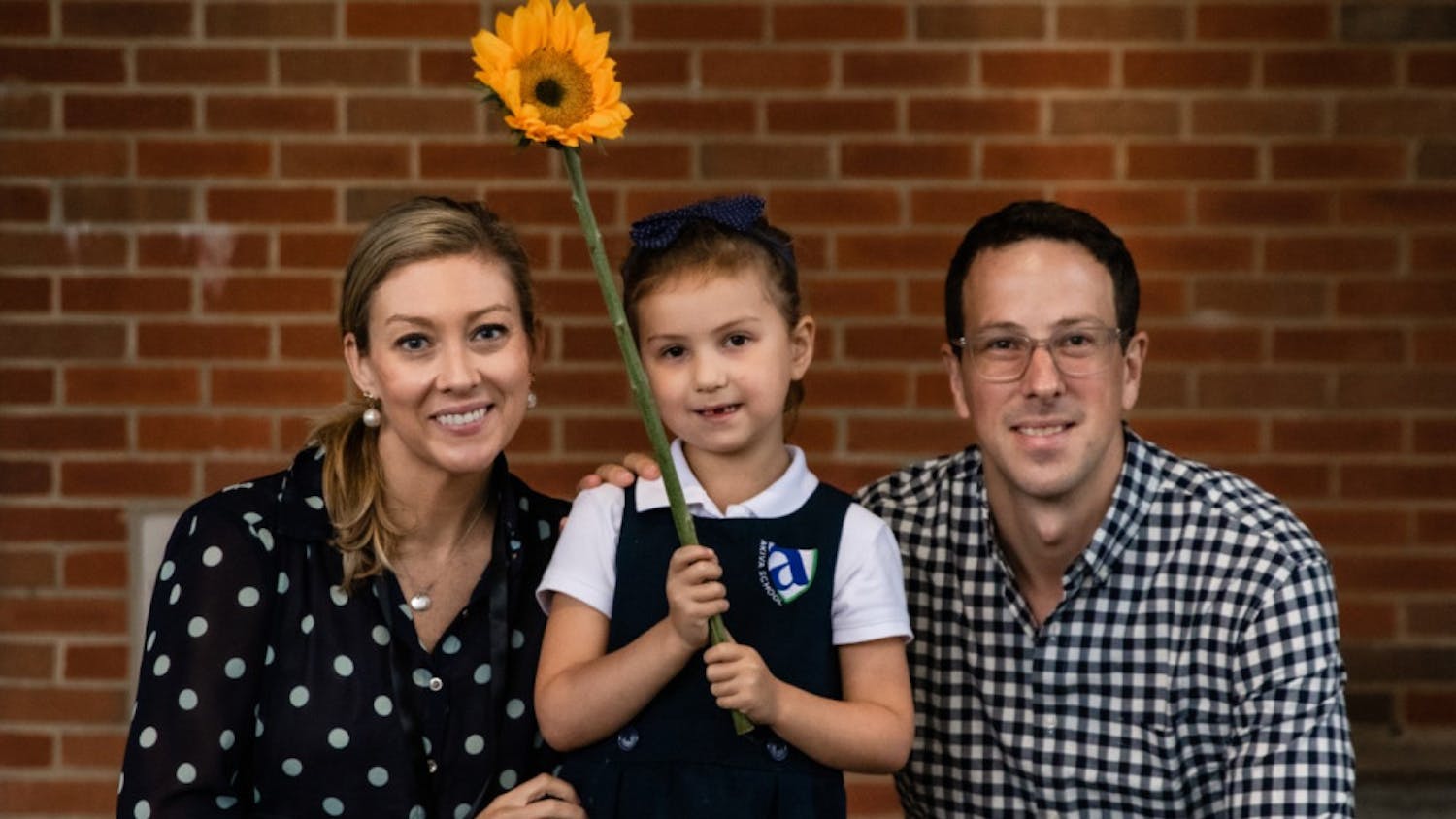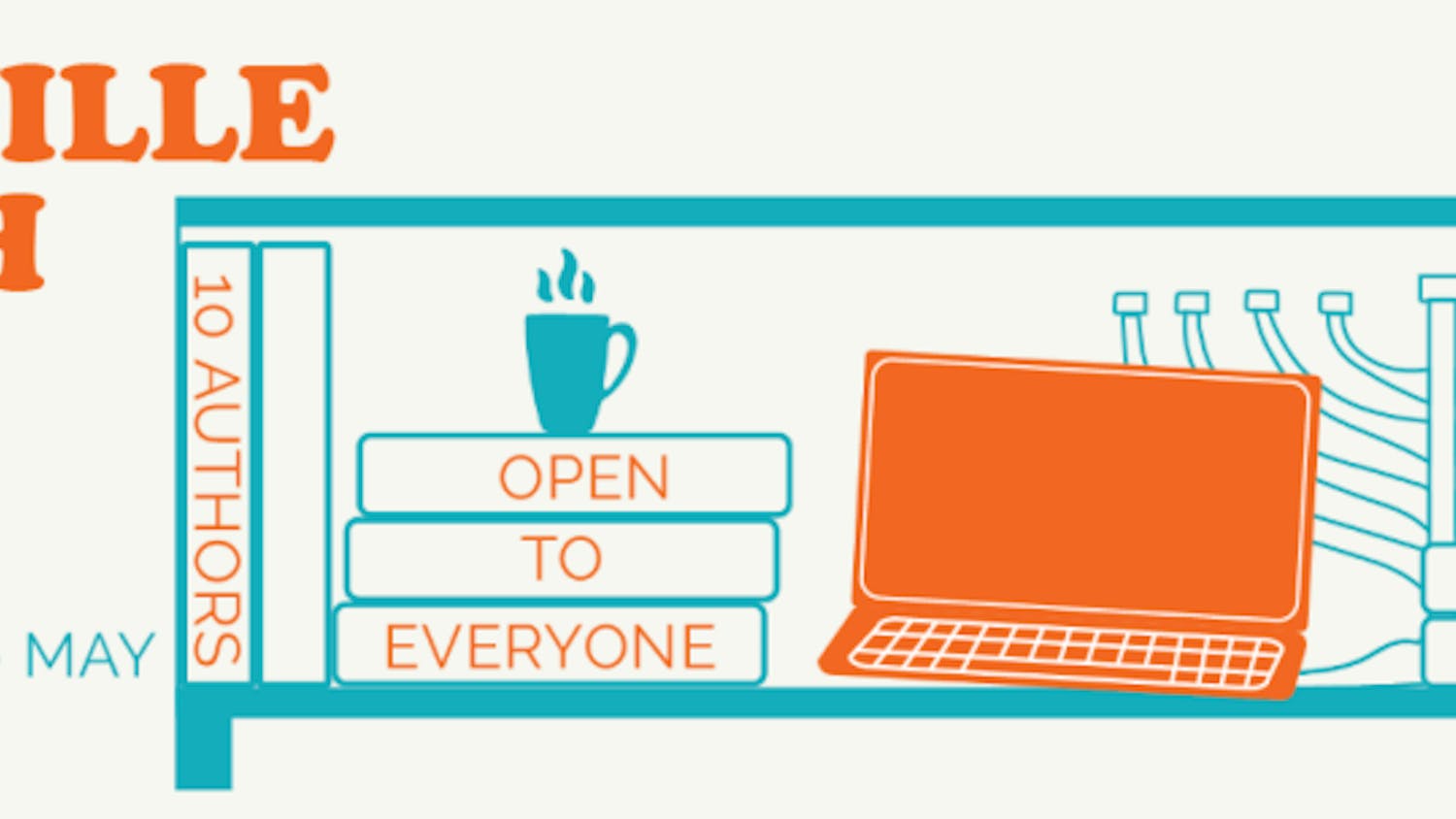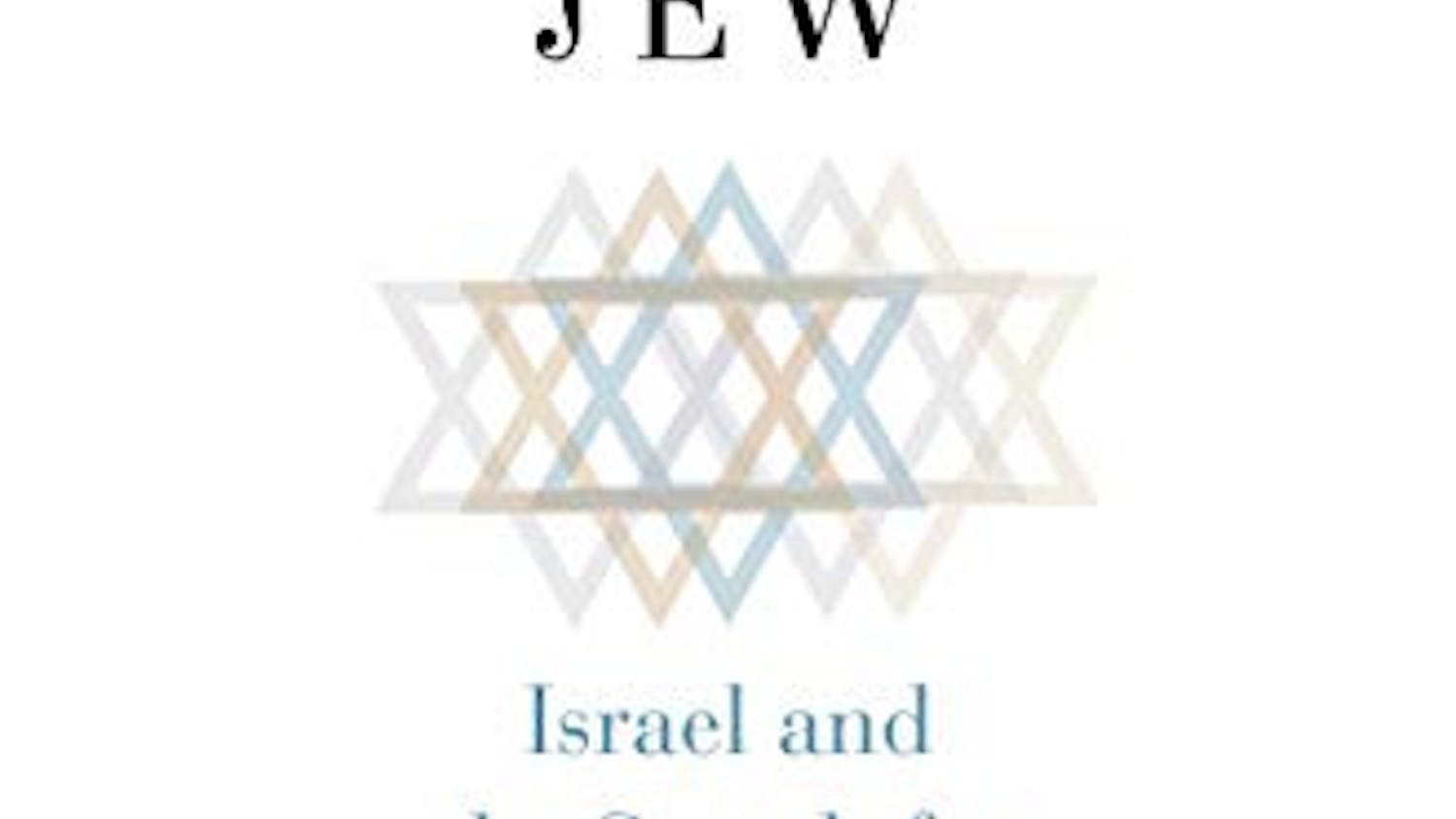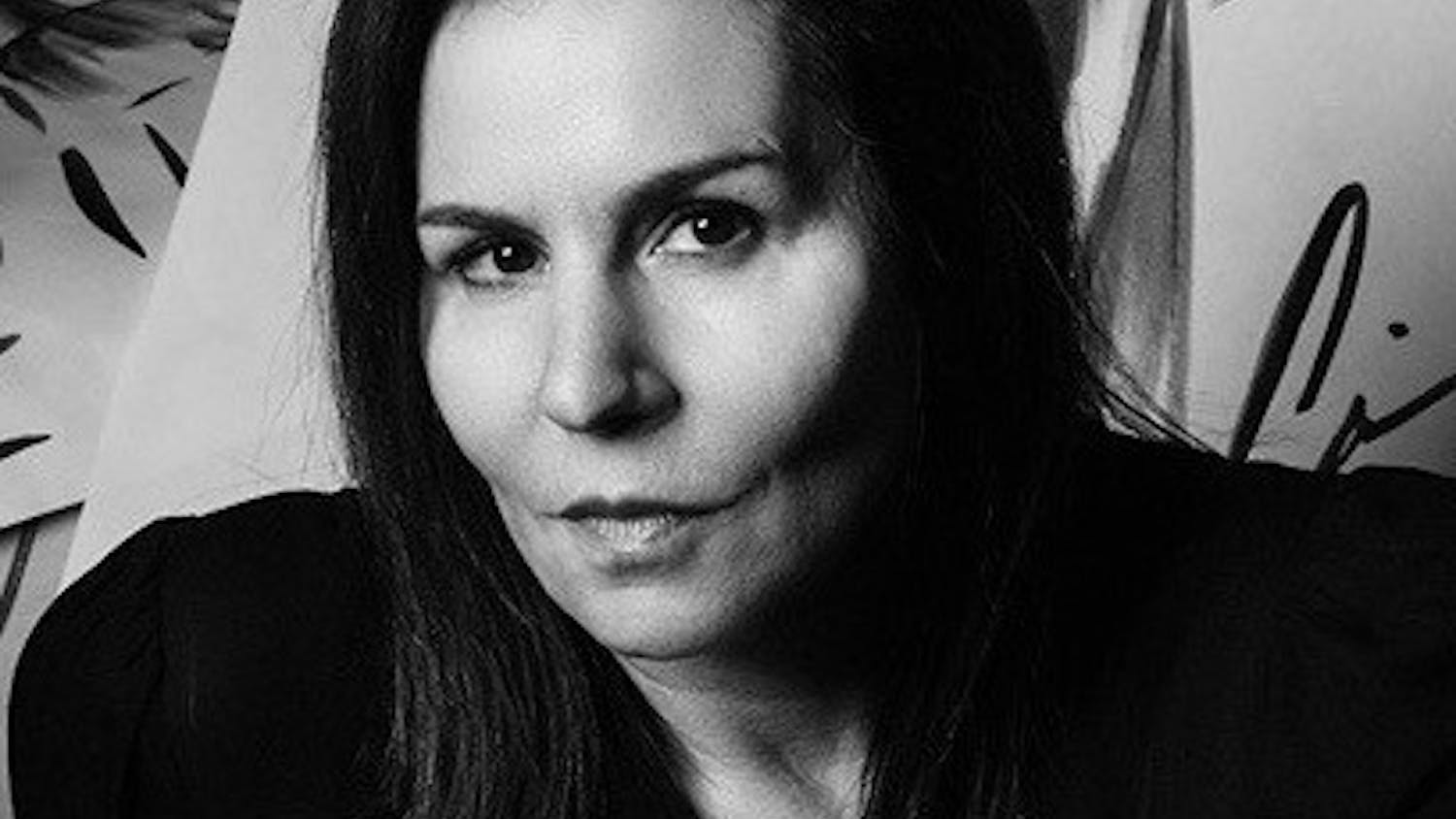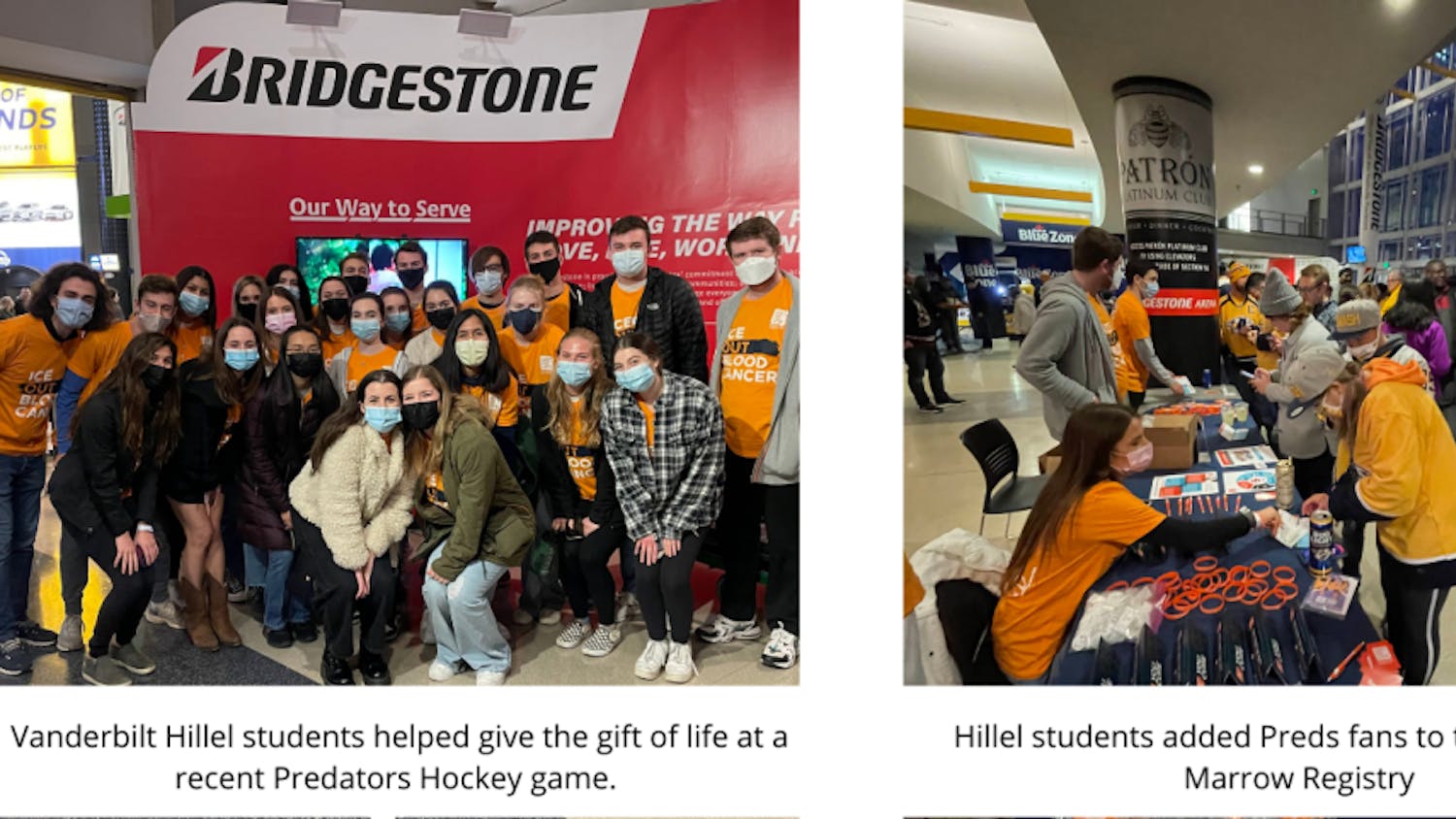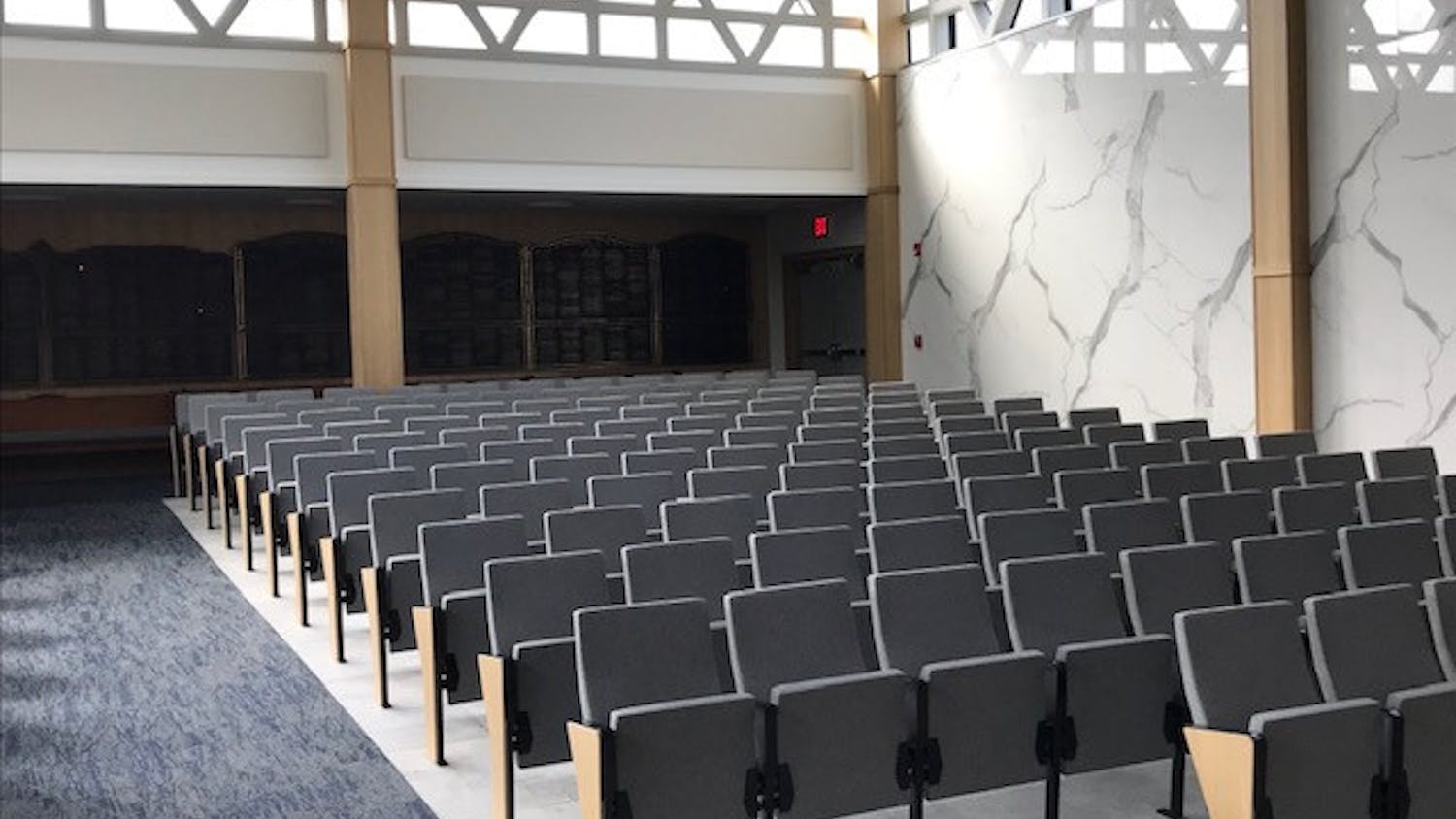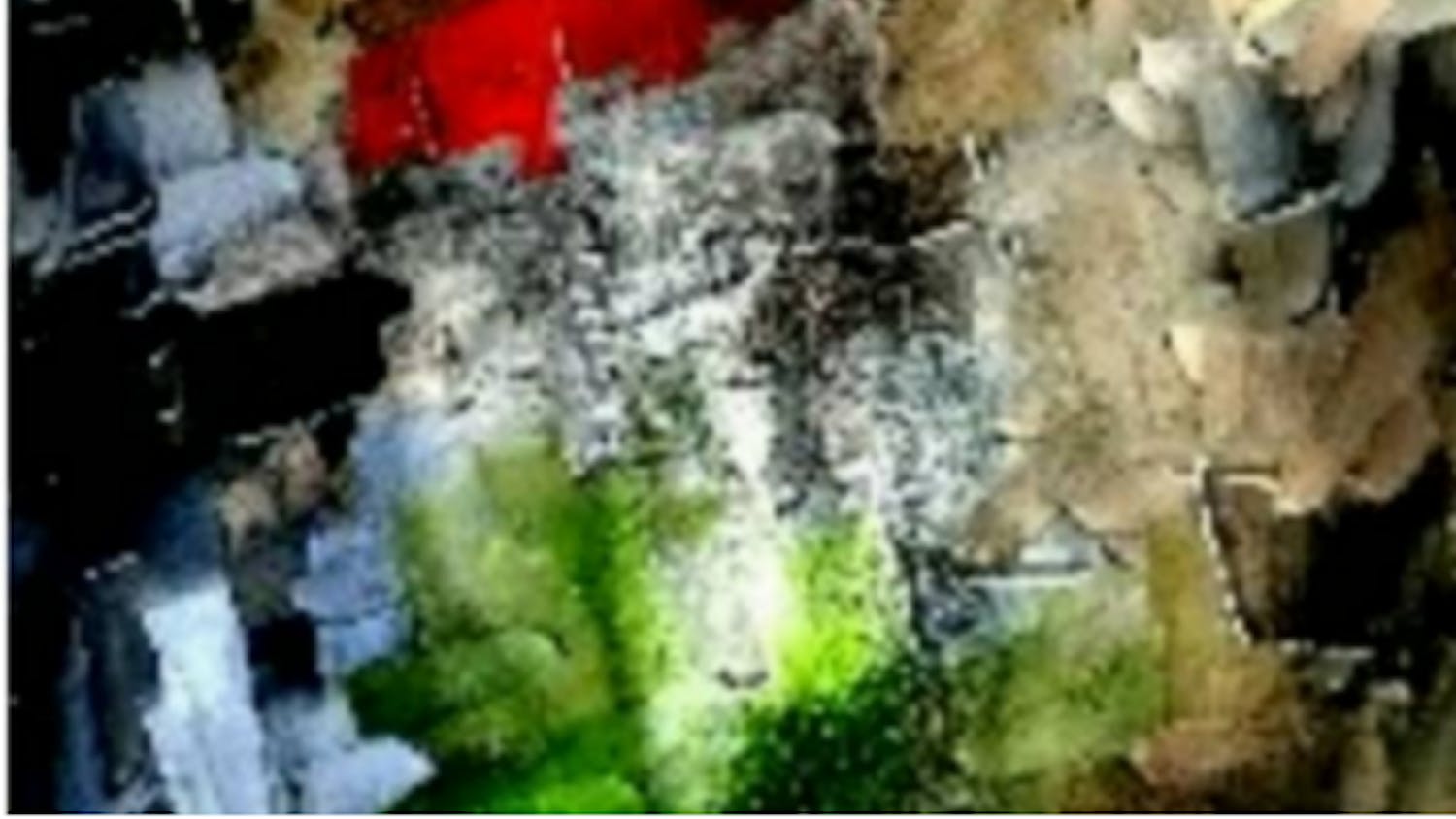A Just Community at JMS
Inspired by his time on a kibbutz, psychologist Lawrence Kohlberg pioneered the field of cognitive development theory and moral education. Combining democratic and collectivist values, Kohlberg established a Center for Moral Education at Harvard’s Graduate School of Education and promoted a “Just Community” approach to education. This approach is two-fold: direct-participatory democracy and a unified commitment to building community. At the Jewish Middle School, the idea that students can work in both a democratic and ethical manner is present in all aspects of student life.


